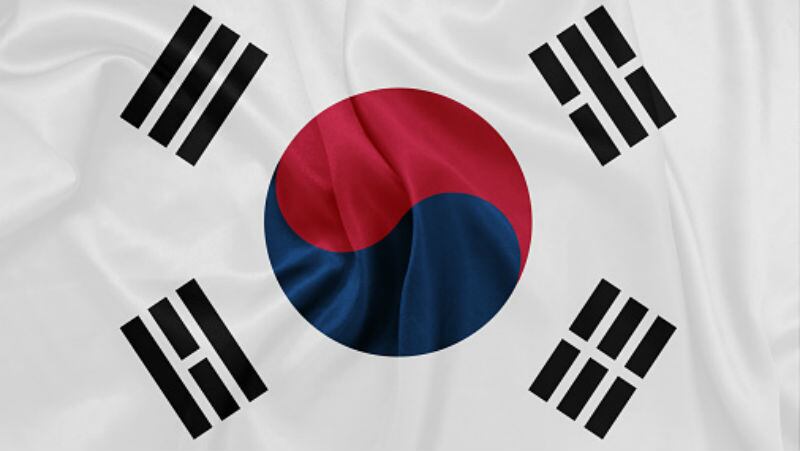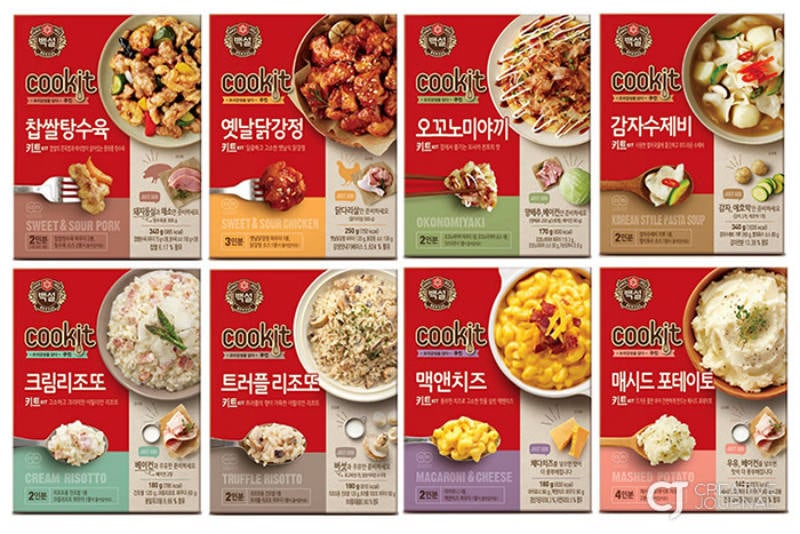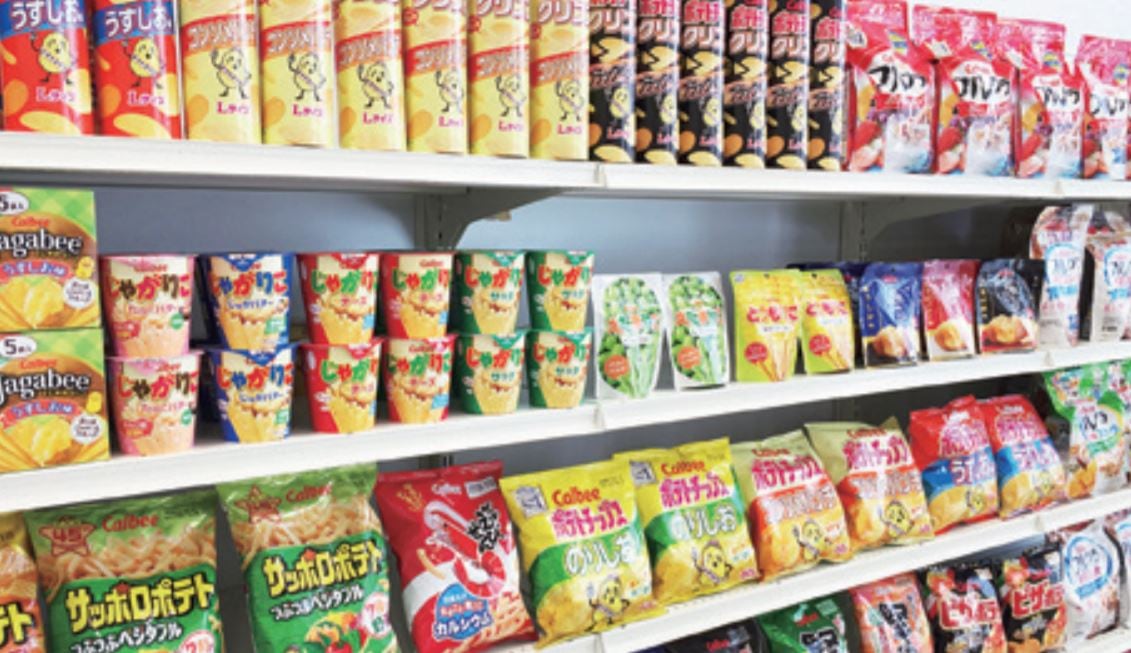Previously, the standard operating procedure for foreign food facilities wishing to export to South Korea was to pre-register as an ‘Excellent Overseas Food Facility’ with the Ministry of Food and Drug Safety online or via postal mail.
According to data from the United States Department of Agriculture, this included processed food products, agricultural products such as grains and fruits, health functional foods, fishery products, food additives, and food packaging/containers/equipment facilities.
Livestock, dairy and egg products required separate registration, usually through the respective exporting governments.
As of April 2020, MFDS has removed the foreign food facility pre-registration and this has been replaced with a new mandatory HACCP certification.
“All foreign food facilities [will need to comply] with the HACCP requirements for their food products and must be able to be certified as such,” stated MFDS via the new regulations on the South Korea National Legal Information Centre.
“If the exporting country that the facility is located in enacts new HACCP standards after consulting with MFDS, this will also be accepted [having fulfilled the criteria] in place of the Korean standards.”
The good news here is that while previous ‘Excellent Overseas Food Facility’ certifications were only valid for two years after being approved, these new HACCP certifications will be valid for three years instead.
“A fee as stipulated by the Ordinance of the Prime Minister will also apply to new applications, changes to existing certifications, extension of validity periods,” said MFDS.
These new rules will come under the Special Act on Imported Food Safety Management (Imported Food Act) and are expected to be enforced by October 8 2020.
Penalties and punishments
South Korea has been cracking down strictly on the safety of imported foods over the past few years, from a new mandatory sanitation appraisal last year to these new HACCP standards.
Failure to adhere to the new regulations will also earn violators hefty punishments depending on severity.
This could range from minor violations, e.g. a fine of no more than KRW5mn (US$4,079) for failing to receive food hygiene education, to more serious ones e.g. no more than five years of imprisonment or a maximum KRW50mn (US$40,797) fine for failing to file import declarations or register the business accordingly.
That said, according to The Korea Herald, MFDS’ HACCP division has been controversial in the past when enforcing food safety for local foods – in 2017, eggs from HACCP-certified farms were found to contain insecticide residue, and in 2018 a HACCP-certified cake supplier to schools caused food poisoning.





